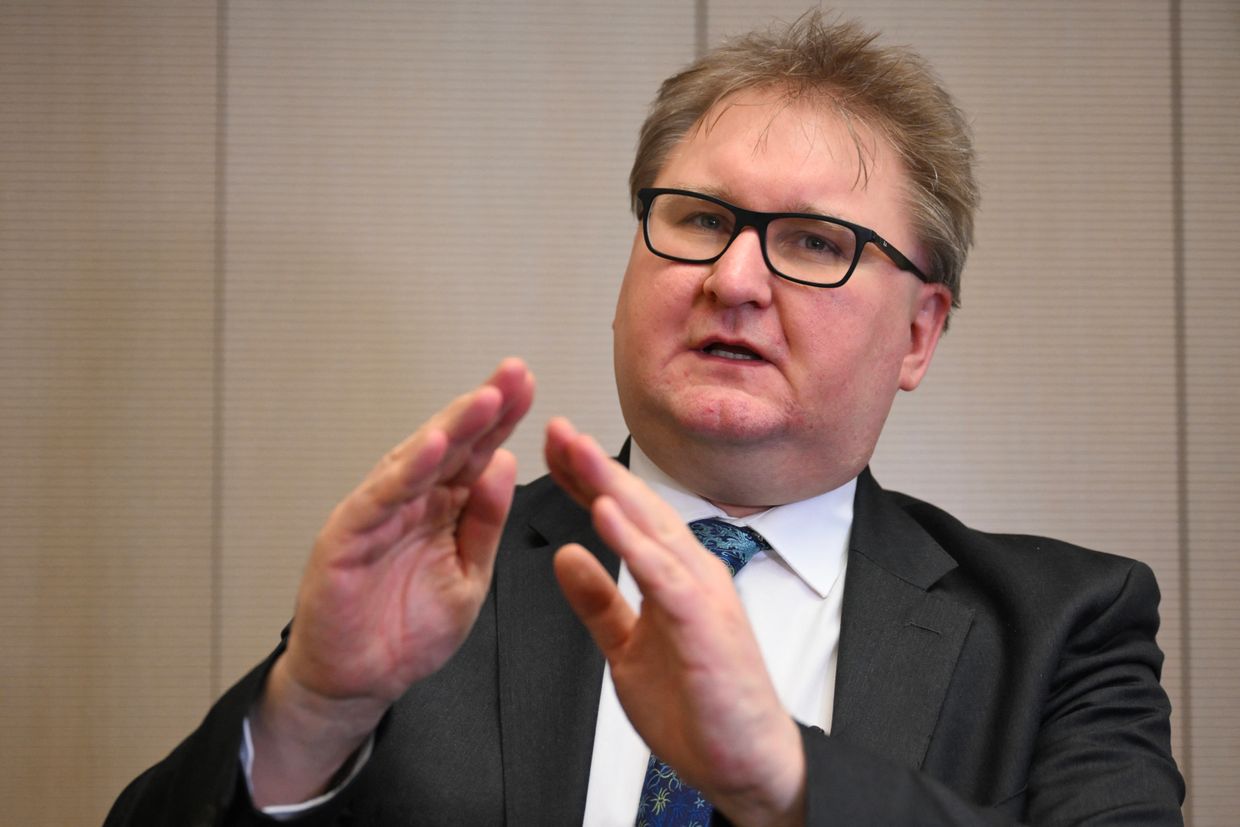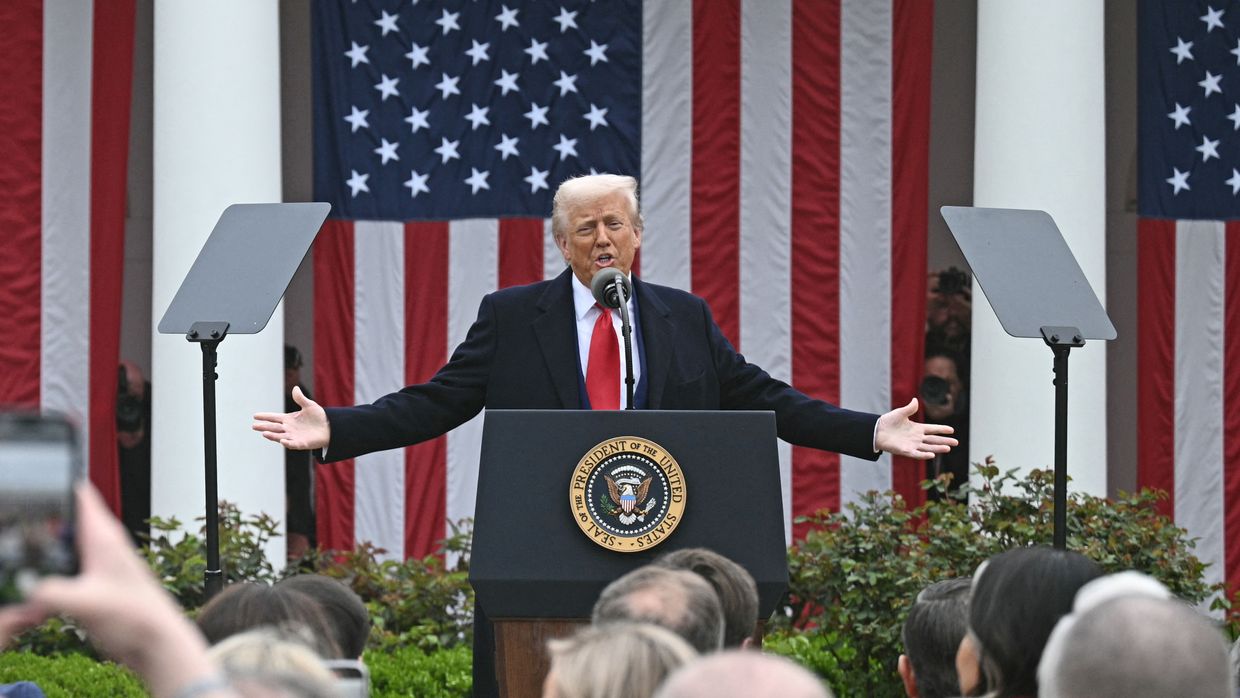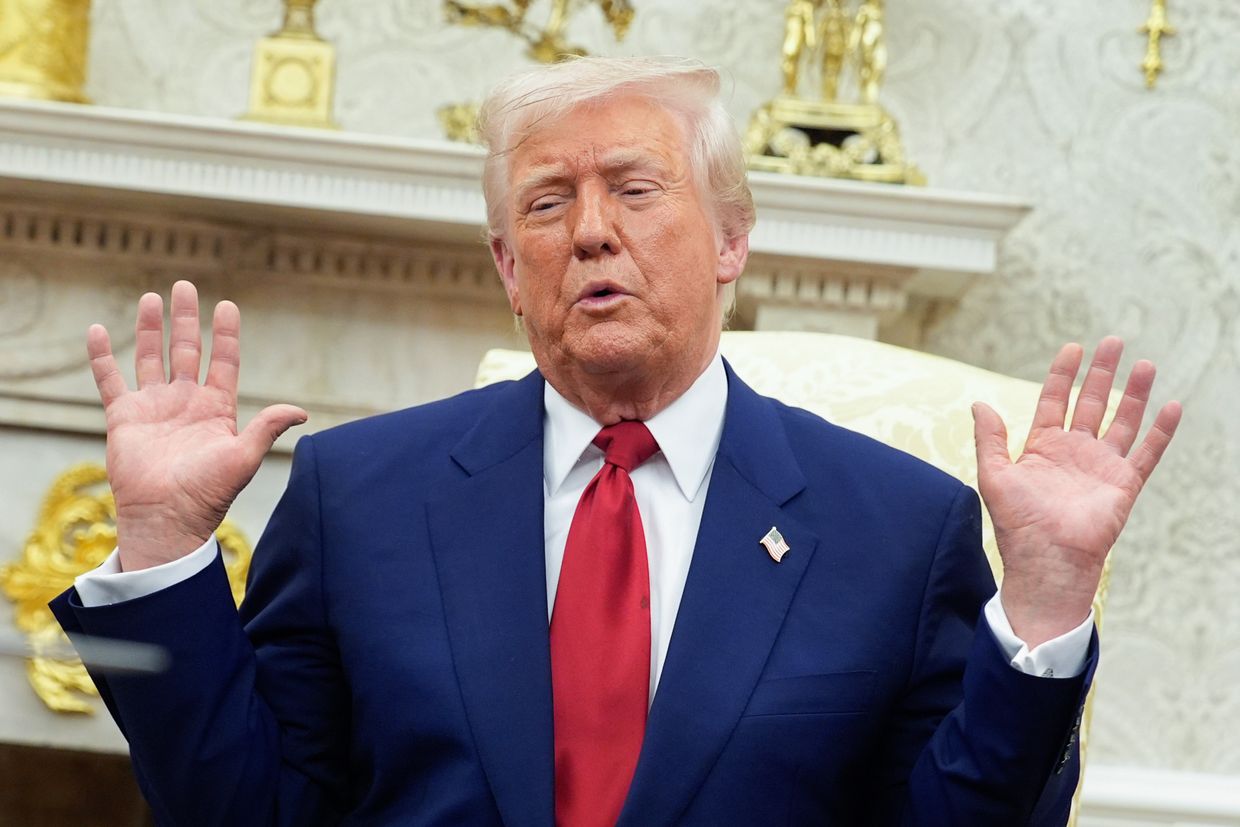Kremlin spokesperson Dmitry Peskov rejected the idea of a 30-day ceasefire between Russia and Ukraine, claiming in an interview with ABC News on May 10 that it would be "an advantage" for Ukraine.
The visit marks Merz’s first trip to Ukraine, and the first time all four leaders have travelled there together.
"Our involvement in the war was justifiable, and this belongs to our sovereign rights," North Korean dictator Kim Jong Un said. "I regard this as part of the sacred mission we must execute for our brothers and comrades-in-arms."
The number includes 1,310 casualties that Russian forces suffered over the past day.
"We have a plan B and a plan C. But our focus is plan A, the essence of which is to get everyone's support" for Ukraine's accession, EU foreign policy chief Kaja Kallas said.
"(T)he presence at the Victory Parade of a country that bombs cities, hospitals, and daycares, and which has caused the deaths and injuries of over a million people over three years, is a shame," Polish Prime Minister Donald Tusk said.
"According to the participants of the performances, their goal is to remind the civilized world of the barbaric actions of Moscow, which for many years and decades has systematically violated international law," a source in Ukraine’s military intelligence agency (HUR) told the Kyiv Independent.
"I have great hope that an agreement for a ceasefire in Ukraine will be reached this weekend," German Chancellor Friedrich Merz said on May 9, shortly before traveling to Kyiv alongside the leaders of France, Poland, and the U.K.
U.K. Prime Minister Keir Starmer, French President Emmanuel Macron, German Chancellor Friedrich Merz, and Polish Prime Minister Donald Tusk will arrive in Kyiv early on May 10.
The United States embassy in Kyiv on May 9 issued a warning that Russia could launch "a potentially significant" attack in the coming days, despite Putin's self-declared Victory Day "truce."
The sanctioned oil tankers have transported over $24 billion in cargo since 2024, according to Downing Street. The U.K. has now sanctioned more shadow fleet vessels than any other country.
The sanctions list includes 58 individuals and 74 companies, with 67 Russian enterprises related to military technology.
Ukraine ready to negotiate 'abolition of duties' on all US goods amid Trump's tariffs

Ukraine is ready to negotiate with the U.S. to lift all tariffs on American goods, Deputy Economy Minister and Trade Representative Taras Kachka told Ukrainska Pravda in an interview published on April 8.
Kachka said Ukraine was prepared to zero out duties on U.S. imports, which amount to roughly $3–4 billion annually and are already subject to either low or no tariffs.
"Our priority is the abolition of duties, not escalation," he said, emphasizing Ukraine's desire to maintain strong economic and diplomatic ties with Washington.
The move comes in response to U.S. President Donald Trump's sweeping new tariff policy, announced on April 2 as part of what he called "Liberation Day."
Trump, who has framed the tariff regime as a bid to revitalize American manufacturing and fight back against foreign exploitation, said the U.S. had been "looted, pillaged, raped, and plundered" for decades.
Ukraine was hit with a 10% blanket tariff on its exports — lower than the 20% imposed on the European Union and the accumulative 104% on China, but still a setback for a country at war.
Kyiv's metallurgy sector, a major source of Ukrainian exports to the U.S., was already impacted by a 25% tariff imposed in March. Despite this, Kachka signaled that Ukraine would not retaliate and instead hopes to engage in a "delicate dialogue" to resolve the issue.

In 2023, Ukrainian exports to the U.S. totaled just $874 million, while imports from the U.S. reached $3.4 billion. The overall trade volume has declined in recent years, but the tariffs could deepen the imbalance, especially if they trigger broader protectionist measures globally.
Yuliia Svyrydenko, Ukraine's Economy Minister, called the new U.S. tariffs on April 3 "difficult, but not critical," saying Kyiv remained focused on long-term economic resilience and international cooperation.
Oleksandra Myronenko, an analyst at the Center for Economic Strategy in Kyiv, warned that a global trade war triggered by the new tariffs could still have knock-on effects for Ukraine.
"Even if we're not the main target, we could feel the fallout," she told the Kyiv Independent.
Russia was not among the countries and territories subject to the wide-ranging tariffs as the existing sanctions "preclude any meaningful trade," White House spokesperson Karoline Leavitt claimed.
Kyiv's strategy now centers on preserving access to global markets and maintaining stable ties with Washington amid growing uncertainty over future U.S. economic and security commitments.

Most Popular

After 3 years of full-scale war in Ukraine, Europe announces plan to ban all Russian gas imports

Ukraine, Europe's ceasefire proposal includes US security guarantees, no recognition of Crimea, Reuters reports

Journalist Roshchyna's body missing organs after Russian captivity, investigation says

After Russia's deadly attack on Kyiv, Vance reposts denunciation of Zelensky

Ukrainian sea drone downs Russian fighter jet in 'world-first' strike, intelligence says
Editors' Picks

How medics of Ukraine’s 3rd Assault Brigade deal with horrors of drone warfare

As Russia trains abducted children for war, Ukraine fights uphill battle to bring them home

'I just hate the Russians' — Kyiv district recovers from drone strike as ceasefire remains elusive



